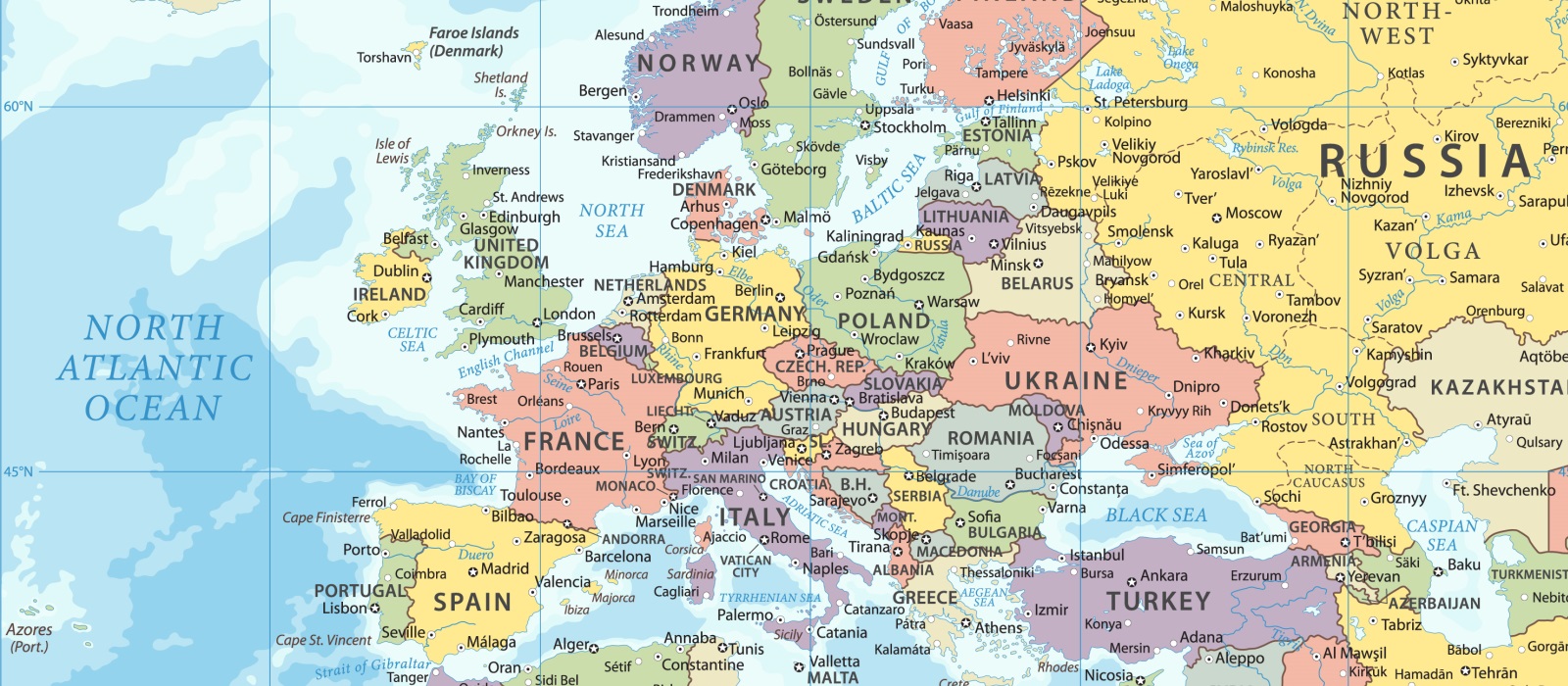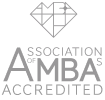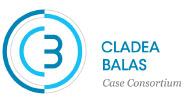The 3-year Jean Monnet Module (2023, 2024 and 2025) will have different academic activities: courses, webinars, workshops and conferences. It will address European Union studies through a broad programme, including two new courses and a series of lectures with specialists on different topics related to the EU and Europe.
The courses and seminars are conceived as open instances with an approach based on the discussion and analysis of pre-assigned articles or documents, seeking active participation of the attendees and intensively promoting debate and reflection, with active interaction between lecturers and participants.
A series of Advanced Seminars (webinars) will encourage dialogue between academia and civil society (including policy makers at local and state level, civil servants, representatives of different levels of education and the media). Specialised dissemination events, such as the International ThinkEur Europe Days and conference presentations, will also take place.
The module will generate knowledge and reflections that can support EU policy-making and strengthen the EU's role in a globalised world through the production of peer-reviewed publications. This will include active outreach and educational work aimed at disseminating knowledge on EU issues to society at large, bringing the EU closer to the public through specially designed cultural workshops.
The Academic Committee of the Jean Monnet Thinking Europe Module is formed by Virginia Delisante, academic coordinator of the project, academics Kaloyan Stanev and Marta Sajdak, the academic coordinator of the BA in International Studies, Andrés Bancalari and by the project assistant and lecturer, Diego Telias.
Funded by the European Union. However, views and opinions expressed are those of the author(s) only and do not necessarily reflect those of the European Union or the European Education and Culture Executive Agency (EACEA). Neither the European Union nor EACEA can be held responsible for them.









